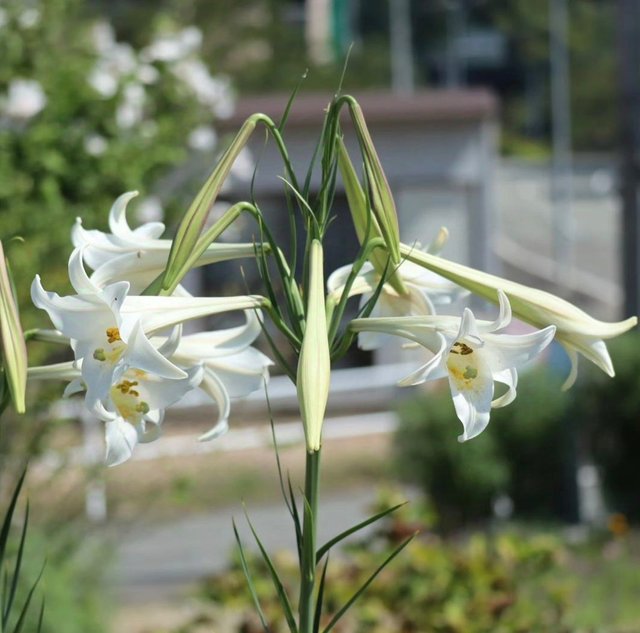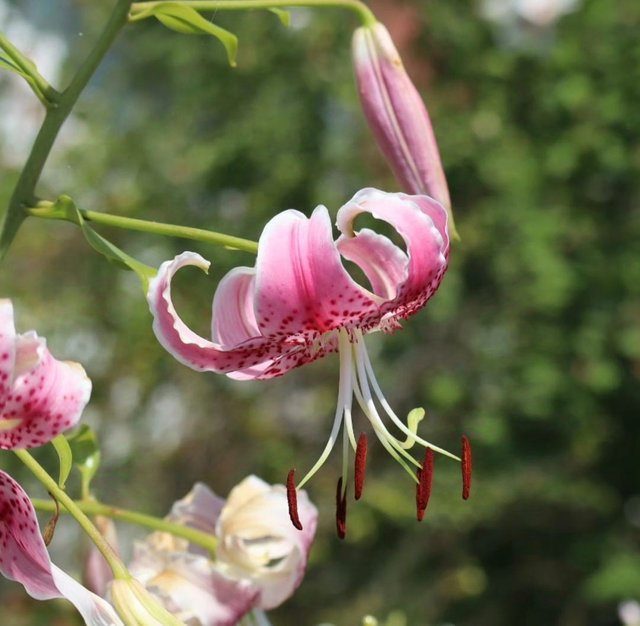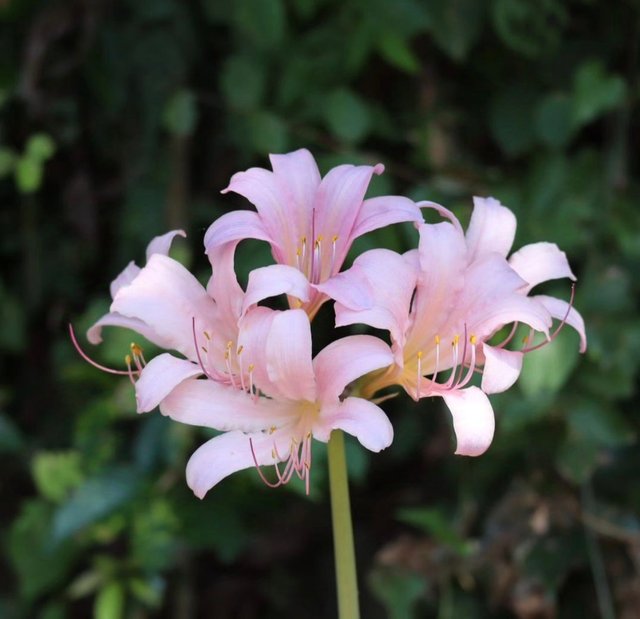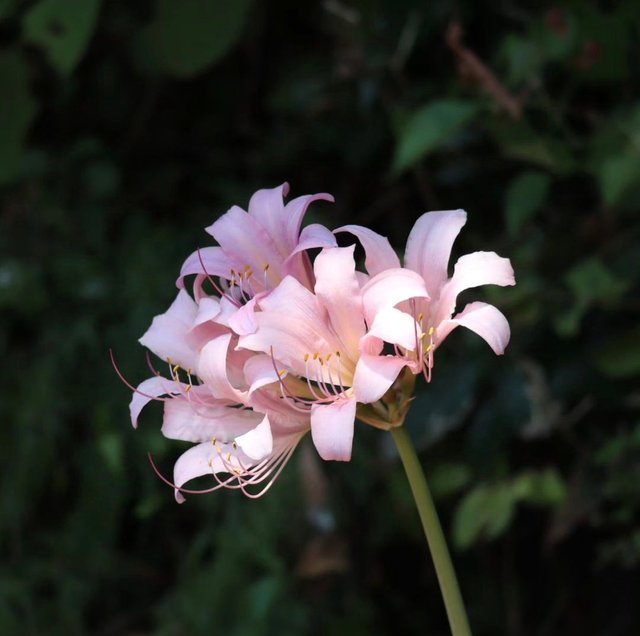



The Easter Lily is a beautiful and iconic flower that holds significant meaning, especially during the spring season. Native to Japan and Taiwan, it is known for its large, trumpet-shaped white blooms and sweet fragrance. The flower is closely associated with Easter, symbolizing purity, rebirth, and hope, making it a popular choice for church services and decorations during the holiday.The Easter lily typically blooms in mid-to-late spring, but growers often force the bulbs to bloom in time for Easter celebrations. In addition to its religious symbolism, the flower’s clean, white petals and elegant shape make it a symbol of innocence and peace. It also has biblical connections, as it is often seen as a representation of the Virgin Mary's purity.
The Easter lily has been an enduring symbol of purity, hope, and rebirth. Its association with Christianity stems from its prominent use during Easter, the time of year when Christians celebrate the resurrection of Jesus Christ. The lily is mentioned in Christian texts and has come to represent the Virgin Mary's purity, Christ's resurrection, and the hope of eternal life. It is believed that lilies grew in the Garden of Gethsemane, where Jesus prayed before his crucifixion, further solidifying its religious connotations.The Easter lily is often used in church altars and religious displays during the Easter season, serving as a reminder of the triumph of life over death and the renewal of faith.
When caring for Easter lilies, they prefer well-drained soil and should be placed in bright, indirect sunlight. After the flowers have faded, the bulbs can be planted outdoors to grow year after year, with proper care. However, it's important to note that Easter lilies are toxic to cats, so they should be kept out of reach of pets.
Beyond religious symbolism, the Easter lily holds importance in various cultures. In the Victorian era, lilies symbolized refined beauty, innocence, and purity. The flower has also been used in literature, art, and poetry as a symbol of life, hope, and the passage of time.In Japan, where the Easter lily originates, lilies are a symbol of good fortune and purity. The flower plays an important role in weddings and special ceremonies in Japanese culture, and its beauty is often compared to the grace of traditional Japanese art and nature.
Overall, the Easter lily is more than just a beautiful flower. Its deep cultural and spiritual significance has cemented its place as a symbol of hope, making it a beloved plant during the Easter season and beyond.
Gracias
